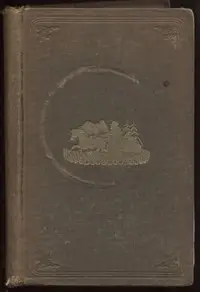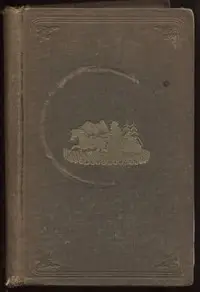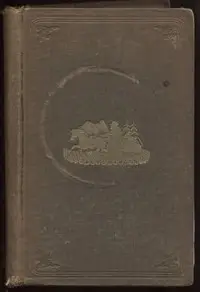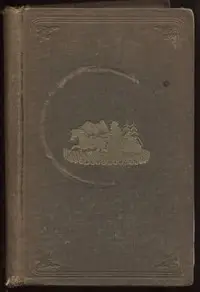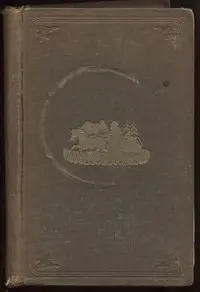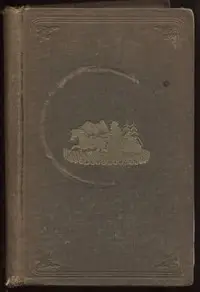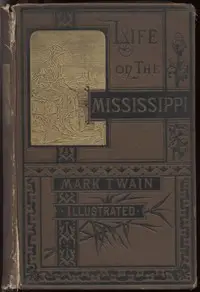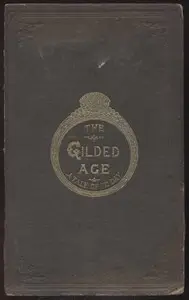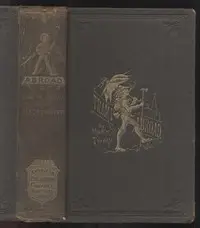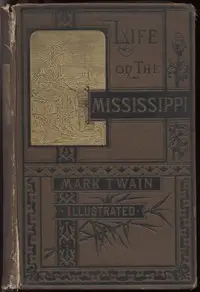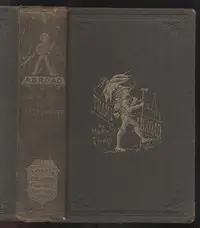"Roughing It, Part 8" by Mark Twain is a travel story that details his time and adventures in the Hawaiian Islands. Twain shares his experiences and insights while journeying through Hawaii, remembering important events like Captain Cook's death. He illustrates the stunning scenery, from the harsh lava mountains to the breathtaking Kealakekua Bay. Twain thoughtfully discusses the culture of the Kanakas, sharing his respect for their traditions, and his writing blends humor with serious thoughts about the impact of Western society and his admiration for the islands themselves. This section opens with Twain and his group making their way down a lonely lava mountain toward Kealakekua Bay, remembering the past and the ways of the Hawaiian people.
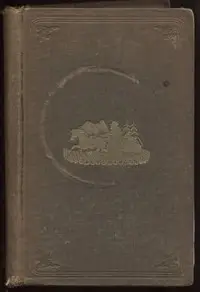
Roughing It, Part 8.
By Mark Twain
Journey to a distant land where stunning landscapes meet intriguing people, as a traveler reflects on history, culture, and the powerful forces of nature.
Summary
About the AuthorSamuel Langhorne Clemens, known by the pen name Mark Twain, was an American writer, humorist, and essayist. He was praised as the "greatest humorist the United States has produced," with William Faulkner calling him "the father of American literature." Twain's novels include The Adventures of Tom Sawyer (1876) and its sequel, Adventures of Huckleberry Finn (1884), with the latter often called the "Great American Novel." He also wrote A Connecticut Yankee in King Arthur's Court (1889) and Pudd'nhead Wilson (1894) and cowrote The Gilded Age: A Tale of Today (1873) with Charles Dudley Warner.
Samuel Langhorne Clemens, known by the pen name Mark Twain, was an American writer, humorist, and essayist. He was praised as the "greatest humorist the United States has produced," with William Faulkner calling him "the father of American literature." Twain's novels include The Adventures of Tom Sawyer (1876) and its sequel, Adventures of Huckleberry Finn (1884), with the latter often called the "Great American Novel." He also wrote A Connecticut Yankee in King Arthur's Court (1889) and Pudd'nhead Wilson (1894) and cowrote The Gilded Age: A Tale of Today (1873) with Charles Dudley Warner.

